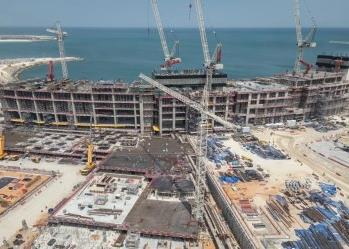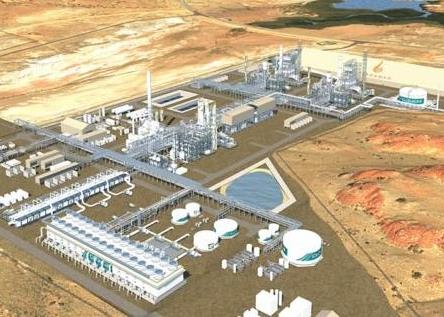
Iraqi government launches lawsuit against Turkey over alleged breach of pipeline agreement
Baghdad and the Kurdistan Regional Government (KRG) have entered a legal dispute after the Kurdistan region of northern Iraq made its first independent sale of crude oil to Turkey.
Iraqs central Oil Ministry announced it has requested arbitration to the International Chamber of Commerce (ICC) against Turkey and its state-owned pipeline operator Botas in an attempt to stop the exports, which it says are unauthorised.
Baghdad claims Turkey and Botas have breached their obligations under the Iraq-Turkey Pipeline Agreement signed in 1973, which states that the pipeline is for the exclusive use of the Oil Ministry.
The KRG released a statement disputing Baghdads lawsuit request, saying it is inconsistent with established practice on KRG oil exports.
The KRG has, with federal government knowledge, been exporting oil by trucking through Turkey and Iran for many years, the Erbil government said in a statement. This new pipeline export by the KRG is wholly consistent with the constitution.
There is no clear reason why [the OIl Ministry] should now depart from established practice in circumstances where the KRG is increasing Iraqs exports by pipeline at reduced transportation costs, the statement added.
In addition to the request for arbitration to cease pipeline exports, the ministry has is also seeking financial compensation from Turkey and Botas that it estimates at more than $250m.
The ongoing dispute between Baghdad and Erbil has led to several stoppages in oil exports from the north of Iraq to the Ceyhan oil terminal in southern Turkey, from where oil can be shipped to the Mediterranean Sea.
The twin Turkey pipeline was designed to transport 1.6 million barrels a day (b/d) of Kirkuk crude blends to Turkey, but damage to the IT2 pumping station during the US invasion in 2003 has meant that only one line is operable.
Although this pipeline can transport up to 800,000 b/d, actual throughput is considerably less, averaging about 450,000 b/d because of other production constraints at Iraqs northern fields.
The dispute has arisen as Iraqs Prime Minister Nouri al-Maliki attempts to form a new ruling coalition following elections on 30 April. Al-Malikis State of Law bloc fell short of a majority, but emerged as the coalition with the most seats in parliament.
You might also like...
A MEED Subscription...
Subscribe or upgrade your current MEED.com package to support your strategic planning with the MENA region’s best source of business information. Proceed to our online shop below to find out more about the features in each package.









